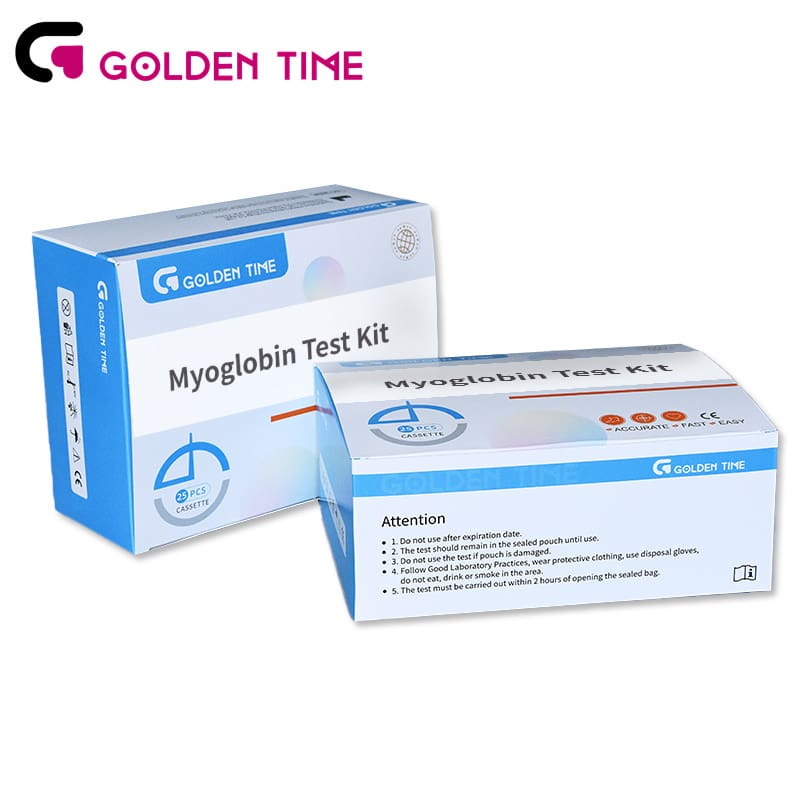Jul . 28, 2024 18:06 Back to list
Exploring the Effectiveness and Accuracy of Wholesale Typhoid Tests for Reliable Diagnosis
Understanding Wholesale Typhoid Testing Importance and Implications
Typhoid fever is a serious illness caused by the bacterium Salmonella Typhi. This bacterial infection primarily spreads through contaminated food and water. While it is prevalent mainly in developing countries with limited access to clean water and sanitation, the potential for outbreaks highlights the need for effective testing and monitoring methods. Wholesale typhoid testing refers to large-scale testing efforts aimed at identifying and controlling the spread of typhoid fever, particularly in high-risk regions.
One of the fundamental aspects of wholesale typhoid testing is the importance of early detection. Timely identification of typhoid cases can significantly reduce morbidity and mortality rates associated with the disease. In many regions where typhoid is endemic, health systems struggle with the timely diagnosis of cases. Traditional diagnostic methods, such as blood cultures, can be time-consuming and require specific laboratory facilities. This is where wholesale testing strategies come into play, utilizing rapid testing methods to enhance the speed and efficiency of the diagnostic process.
Wholesale typhoid testing often employs serological methods or rapid antigen detection tests, which can provide results within hours rather than days. These methods allow health officials to quickly identify outbreaks and initiate necessary public health responses, such as vaccination campaigns, public awareness initiatives, and improved sanitation measures. By focusing on high-risk populations, such as children and those with underlying health conditions, health authorities can effectively manage and mitigate the impact of typhoid fever on communities.
wholesale typhoid test

Furthermore, the implications of wholesale testing extend beyond immediate health benefits. By systematically tracking the incidence of typhoid fever through large-scale testing, researchers and public health officials can gather critical data regarding the epidemiology of the disease. This information is essential for understanding transmission dynamics, identifying hot spots for infection, and assessing the effectiveness of existing public health interventions. Comprehensive data collection also supports the development of targeted vaccination strategies and informs policy decisions that can lead to long-term improvements in public health infrastructure.
In addition to direct health benefits, wholesale typhoid testing can also foster community engagement and awareness regarding hygiene practices and the importance of safe drinking water
. By involving local communities in the testing and subsequent educational campaigns, public health agencies can empower individuals to take ownership of their health. Increased awareness about the modes of transmission and prevention strategies can lead to behavioral changes that further reduce the incidence of typhoid fever.Despite the numerous advantages, implementing wholesale typhoid testing can present challenges. Resource constraints, particularly in low-income settings, can limit access to necessary testing tools and trained personnel. Moreover, the accuracy of rapid tests can vary, which necessitates confirmation through more reliable diagnostic methods in certain cases. Health authorities must remain vigilant to ensure that testing programs are accompanied by quality control measures and capacity building for healthcare workers.
In conclusion, wholesale typhoid testing plays a crucial role in controlling the spread of typhoid fever, especially in regions where the disease is endemic. Its benefits extend beyond immediate diagnosis and treatment, encompassing data collection, community engagement, and long-term public health improvements. By investing in robust testing strategies and ensuring equitable access to healthcare resources, we can work towards effectively combating typhoid fever and improving health outcomes for vulnerable populations around the world. Through collaborative efforts, governments, non-governmental organizations, and communities can join forces to create a future free from the threat of typhoid fever.
-
Dengue NS1 Rapid Diagnostic Test Kit
NewsMar.07,2025
-
Dengue NS1 Rapid Diagnostic Test Kit
NewsMar.07,2025
-
Dengue NS1 Rapid Diagnostic Test Kit
NewsMar.07,2025
-
Transferrin Rapid Test Cassette Tumor Marker TF Card
NewsMar.07,2025
-
Malaria Pf Pan Rapid Diagnostic Test Kit
NewsMar.07,2025
-
malaria pf / pan ag rapid test
NewsMar.07,2025

